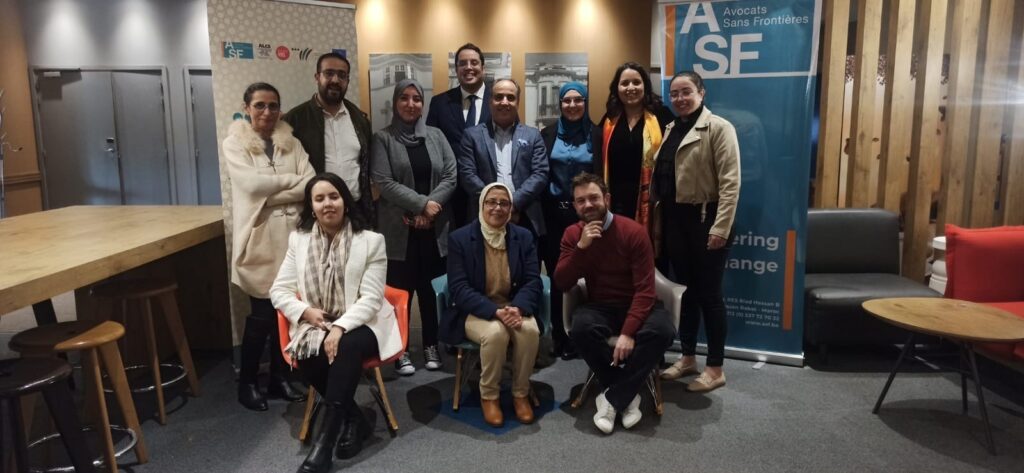
In Morocco, drug use is still governed by a law dating back to 1974: Dahir No. 1-73-282. Article 8 punishes the use of any substance or plant classified as a narcotic. It provides for a sentence of 2 months’ to one year’s imprisonment and a fine of 500 to 5,000 dirhams (around USD 50 to 500) for users.
It is difficult to obtain precise data in this area, but overall it appears that the offences of illegal possession and use of banned substances are the leading causes of imprisonment in the country. The criminalisation of drug users is a major factor in the endemic prison overcrowding in Morocco, with some prisons reaching occupancy rates of 240%.
This overcrowding, which is exacerbated by the criminalisation of drug use, is the main justification for programmes to increase prison capacity.
While it is of course imperative to ‘slim down’ prisons so that inmates can enjoy dignified conditions of detention, numerous criminological studies have shown that building new prisons always contributes to the imprisonment of more people. Increasing prison capacity is therefore not a sustainable and effective structural response to the problem of prison overcrowding.
In this context, ASF in Morocco is leading, with the Moroccan coalition of the campaign to decriminalise poverty, a series of advocacy actions with public institutions in order to strengthen the debate on the decriminalisation of drug use from a harm reduction perspective.
It is necessary to put in place a policy that is attentive to the rights and needs of drug users, to prevent the harm associated with drug use and to take account of their vulnerability.
ASF, as representative of the North Africa sub-group of the campaign to decriminalise poverty, organised a strategic workshop to develop a new action plan to be implemented at national, regional and international levels, on 19 and 20 June 2023, in Casablanca – Morocco.
During the workshop, the Moroccan coalition identified the decriminalisation of drug use as a priority for its 2023-2027 action plan.
To this end, the Moroccan coalition is calling for the training of liaison staff between the police and health services, investment in harm reduction programmes, and the launch of a public information campaign on the benefits of decriminalisation.



